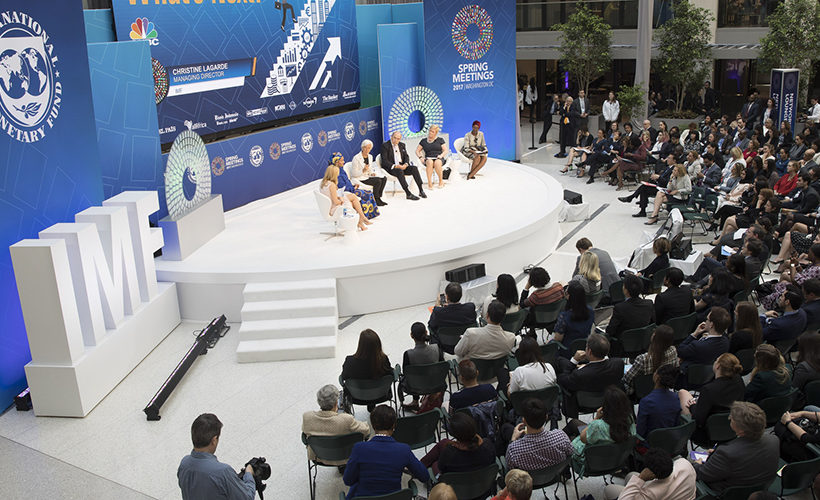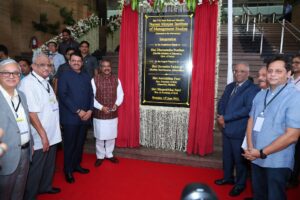
Trade tensions and tariff escalations, financial tightening, uncertainty related to (the) Brexit outcome and spillover impact and an accelerated slowdown of the Chinese economy are the different problems global economies should look out for. Trade tensions in the form of a tariff spat between the United States and China economies are creating jitters for economies around the globe.
It is reported that the “storm” is showing to have an effect on trade and markets,” Lagarde has also warned governments to avoid protectionism. Lagarde has also pointed to the risks posed by higher borrowing costs within the framework of “heavy debt” created by governments, firms and households.
US negotiators were in Beijing on Monday for a new round of high-stakes trade talks, hoping to reach a deal before the March 1 deadline set by Donald Trump as the IMF warned of a possible global economic “storm”.
Preliminary discussions had been expected to start on Monday, according to the White House, before US Trade Representative Robert Lighthizer and Treasury Secretary Steven Mnuchin step in for the main event on Thursday and Friday.
Washington in December suspended for three months its plan to increase tariffs on $200 billion worth of Chinese imports — to 25 percent from the current 10 percent — to allow time for negotiators to work out a trade spat that has triggered fears of a global economic slowdown.
US Deputy trade representative Jeffrey Gerrish was due to lead the delegation in preparatory meetings to begin on Monday, the White House had said.
Neither side offered any confirmation that talks actually started.
Mnuchin and Lighthizer will be joined by David Malpass, Trump’s nominee for president of the World Bank who has worked to limit the bank’s assistance to Beijing.
The Chinese delegation will be led by Vice Premier Liu He, who will be joined by central bank governor Yi Gang.
Liu, China’s chief trade negotiator, met last month with Trump, who announced that a final resolution of the trade dispute would depend on a meeting with Chinese President Xi Jinping.
This trade war has taken a severe toll on global economies. It has wrecked some financial markets. Talks are also on how this spat has affected global growth.
Trump said that he was surprised to meet his Chinese counterpart before the trade truce expires on March 1, and top White House economic adviser Larry Kudlow said that while Trump was about a deal, a fine line divided the two sides.



